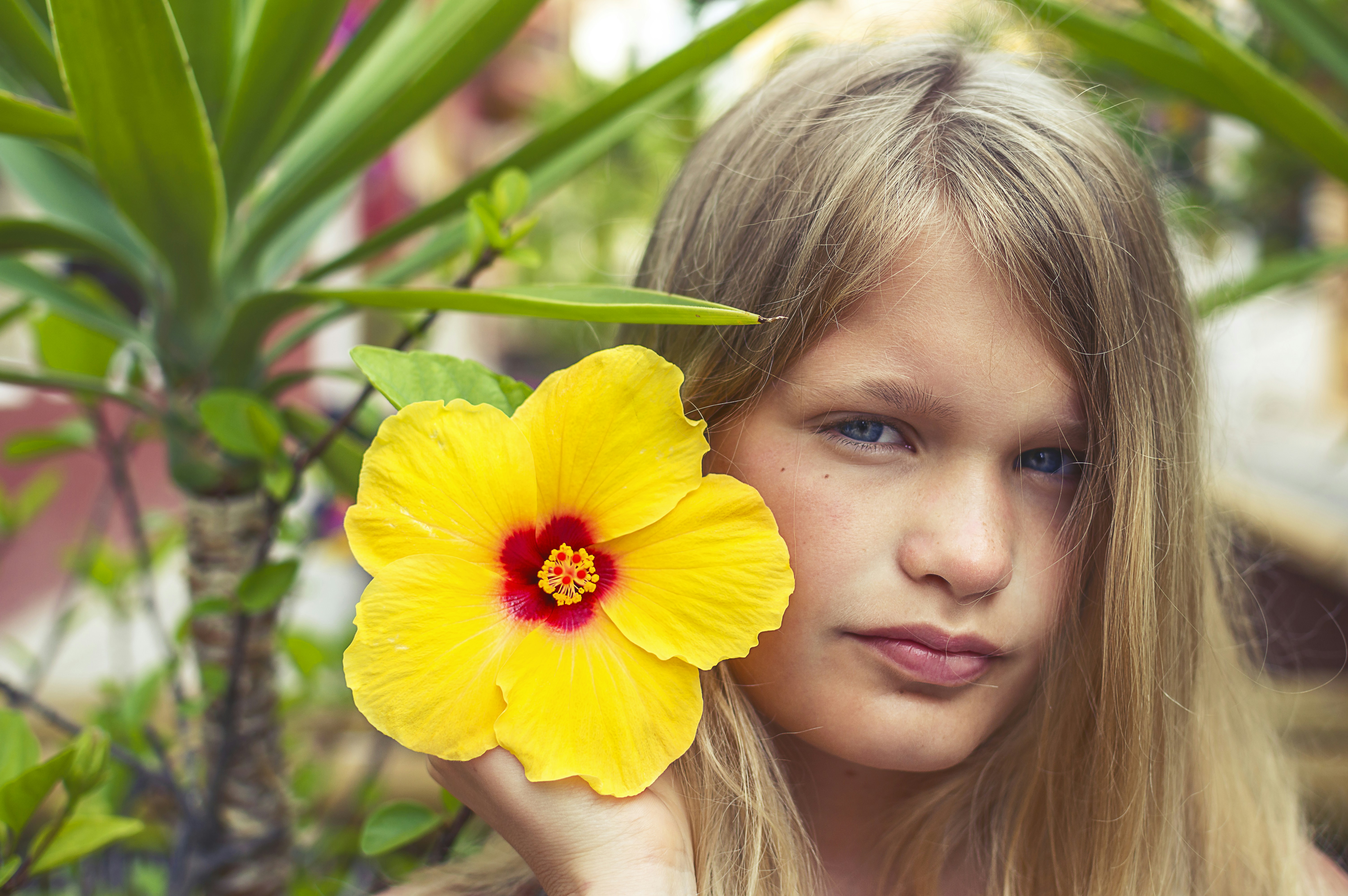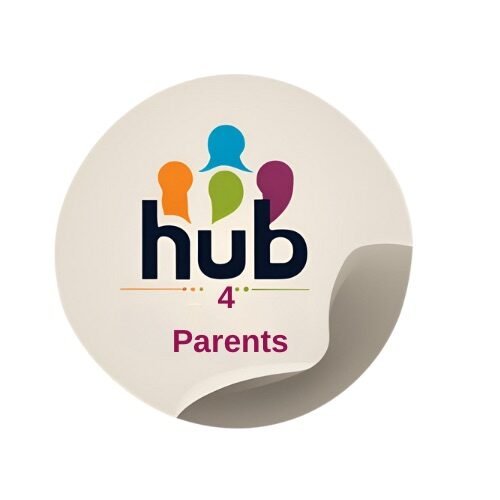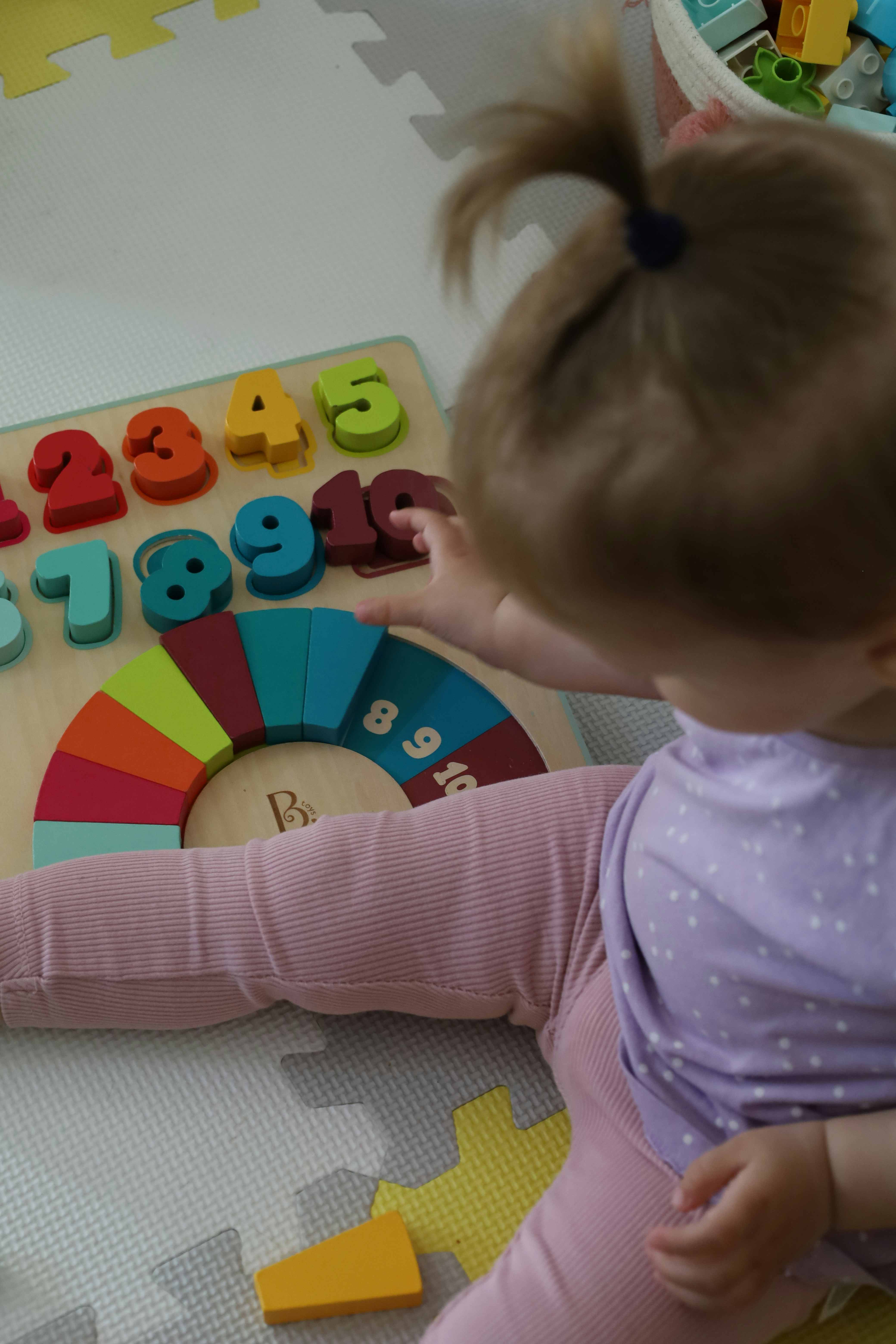Comprehensive Guide for Parents and Carers: A One-Stop Resource for Family Well-being
August 1, 2024 | by Sonya Dunkley
 Photo by Vitolda Klein on Unsplash
Photo by Vitolda Klein on Unsplash Diverse Topics for Parenting and Child Care
Parenting can be a dynamic and multifaceted journey, each family navigating its unique path. Understanding diverse parenting styles can be invaluable. Authoritative parenting, which merges warmth with structure, often leads to children who are independent and socially adept. On the other hand, permissive parenting, characterized by high responsiveness and low demand, fosters creativity, albeit sometimes at the cost of self-discipline. Identifying a style that aligns with your family’s values and needs can enhance both the child’s development and the parent-child relationship.
Engaging children in activities that promote learning, creativity, and social interaction is equally crucial. Museums, science centers, and nature reserves offer educational experiences that inspire curiosity. Creative hubs like art studios and music classes encourage artistic expression and innovation. Furthermore, playdates and sports clubs enhance social skills and teamwork. Exposure to varied environments enriches children’s understanding of the world, bolstering their cognitive and emotional growth.
Nutritional health plays a significant role in a child’s overall well-being. Incorporating a balanced diet with fruits, vegetables, whole grains, and lean proteins ensures that children receive essential nutrients. Creating colorful, appealing meals can motivate children to try new foods. Additionally, involving children in meal preparation can be an educational and enjoyable activity, fostering an appreciation for healthy eating habits from an early age.
Hair care tailored to your child’s specific hair type is another essential aspect of their hygiene routine. Regular washing with mild, child-friendly shampoo, paired with appropriate conditioners, promotes healthy hair. For children with curly or textured hair, moisturizing and detangling are key to manageability and growth. Teaching children about hair care routines can instill a sense of responsibility and self-esteem.
Educational support extends beyond the classroom, with at-home strategies playing a crucial role. Establishing a designated study area minimizes distractions and fosters concentration. Encouraging a love for reading, through shared reading times and diverse book choices, enhances literacy and imagination. Practical involvement in school projects and regular communication with teachers helps in monitoring academic progress and addressing potential challenges early.
Managing challenging behavior requires patience and practical techniques. Acknowledging and validating children’s emotions is the first step towards fostering emotional intelligence. Implementing consistent and fair discipline ensures that children understand consequences without feeling devalued. Strategies such as set routines, clear expectations, and positive reinforcement can significantly mitigate tantrums and behavioral issues. Prioritizing open communication and empathy strengthens the parent-child bond, fostering a nurturing environment conducive to positive behavior.
Self-Care and Enrichment for Parents and Carers
For parents and carers, maintaining personal well-being is crucial for effective parenting. Engaging in activities and hobbies can serve as a vital method for reducing stress and promoting mental health. Leisure pursuits such as gardening, painting, or practicing a musical instrument can offer a much-needed escape from daily responsibilities. Additionally, mindfulness practices, including meditation and yoga, are excellent ways to enhance mental clarity and emotional stability.
Fitness routines are another essential aspect of self-care. Regular physical exercise, whether through brisk walking, running, or participating in fitness classes, can vastly improve both physical and mental health. These activities increase endorphin levels, contributing to a more positive outlook and increased energy levels. Complementary wellness practices, such as balanced nutrition and sufficient sleep, further support overall well-being.
Personal development resources, such as online courses, self-help books, or workshops, provide opportunities for growth and enrichment. These resources can offer new perspectives and skills, enhancing one’s ability to manage parenting challenges effectively. Exploring subjects of personal interest not only broadens knowledge but also serves as a refreshing break from regular routines.
Building and maintaining a supportive network is invaluable for parents and carers. Connecting with other families through community groups, online forums, or local events can provide emotional support and practical advice. These networks can also be a source of shared resources and collaborative child-rearing strategies. Understanding and accessing community resources, such as childcare services, educational programs, and healthcare facilities, can alleviate many of the pressures associated with raising a family.
Balancing work and family life is often a complex task. Effective time management strategies and open communication within the family are essential for creating a harmonious household. Flexible working arrangements, where possible, can help parents maintain a healthy work-life balance. It’s also important to set aside quality time for family activities, ensuring that relationships within the family unit remain strong and supportive.
Lastly, relationship advice is crucial for nurturing family dynamics. Open communication, mutual respect, and shared responsibilities form the foundation of healthy relationships. Prioritizing time for couple-focused activities, such as date nights or shared hobbies, helps to sustain the partnership between parents. These efforts not only strengthen familial bonds but also ensure that parents and carers feel equally nurtured and supported.
RELATED POSTS
View all


